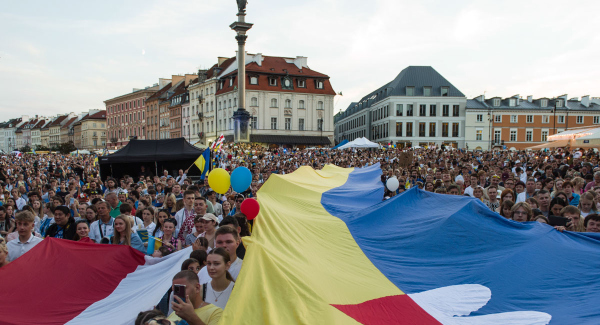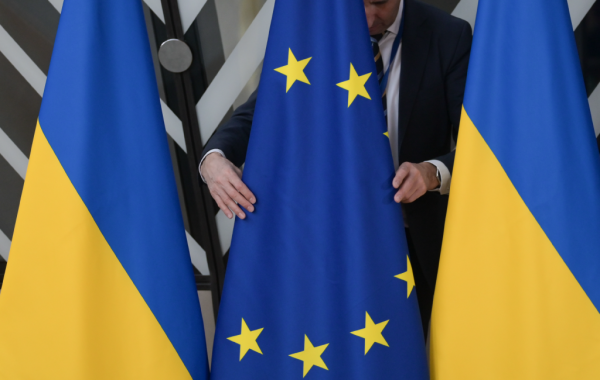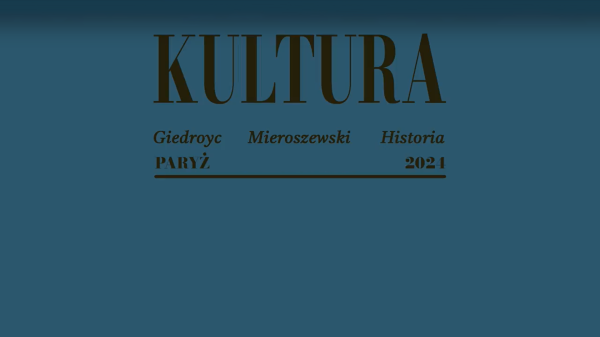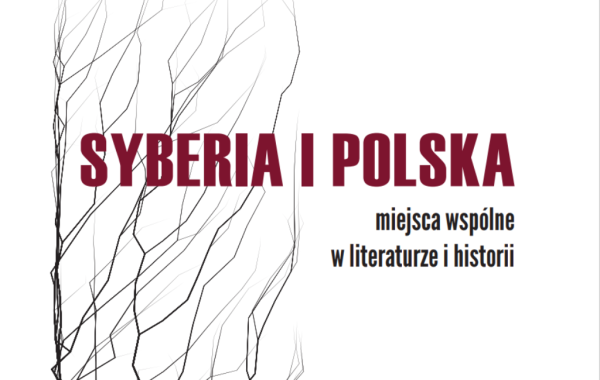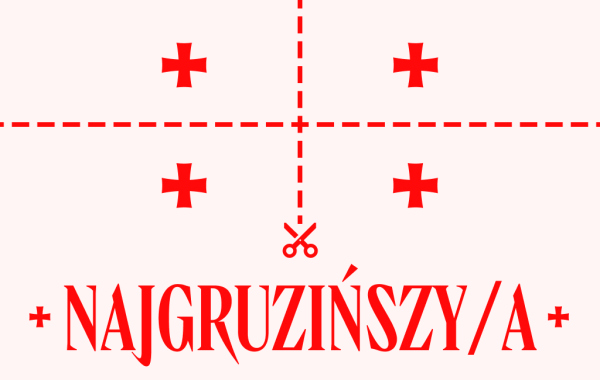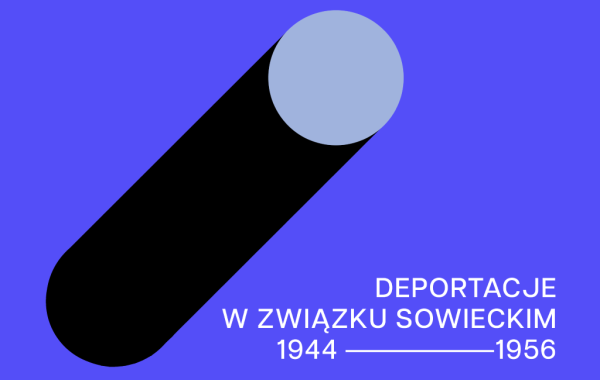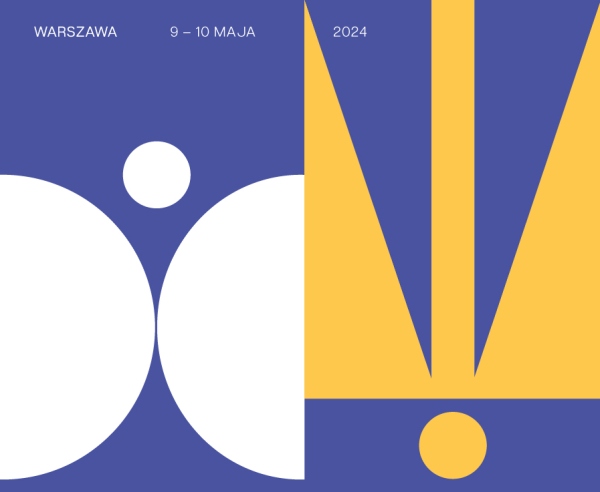The National Liberation and Anti-Soviet Movement
The year 1924 went down in Georgian history as the climactic moment in the struggle against Russian imperialism. The anti-Bolshevik uprising, bloodily suppressed by the Soviet troops, was an expression of the Georgian people's resistance against Sovietisation and Moscow's attempts to subjugate the South Caucasus. The uprising represents one of many events that show how the peoples of the region have for decades resisted Russia's imperial ambitions.
In October 2024, an international conference was held in Tbilisi entitled ‘The National Liberation and Anti-Soviet Movement in the Caucasus and East Central Europe. The international conference on the 100th anniversary of the 1924 Georgia uprising’.
The two-day discussion, organised by Tbilisi State University in cooperation with the Mieroszewski Centre and the support of the Rustaveli Foundation brought together researchers from Armenia, Azerbaijan, Finland, Georgia, Poland, Ukraine and the United Kingdom. It was also another academic conference co-organised by the Mieroszewski Centre in Georgia. We are pleased to be able to consolidate the various academic communities to undertake a joint reflection on the legacy of the national liberation and anti-Soviet movements that took place in Georgia.
The uprising in Georgia and 100 years of Russian imperialism
The anniversary of 100 years since the uprising in Georgia is a moment to reminder that Russian imperialism is not a new phenomenon, but an enduring element of Moscow's policy. Its forms have changed over the centuries – from direct territorial expansion in tsarist times, through sovietisation, to contemporary neo-imperialist activities – but its essence remains the same: subjugation and control over neighbouring nations. The Georgian uprising of 1924 is one of many examples that show that the struggle for independence and sovereignty in the face of Russian pressure has continued for more than a century.
One of the key themes of the conference was a comparison of the struggles national liberation in Georgia with similar movements in other countries in the region. The experience of resisting Russian imperialism unite the countries of Central and Central and Eastern Europe and the Caucasus in a unique way, and the common denominator – irrespective of the cultural and geographical differences – is the struggle for sovereignty.
Russian aggression against Ukraine and the legacy of national liberation movements national liberation movements
The conference programme could not miss the context of geopolitical events that point to the continuation of Russia's imperial policy. The aggression against Ukraine, which began in 2014 and escalated in 2022, clearly shows that Russia's strategy is based on old patterns of domination, similar to those it used against Georgia in the 1920s.
The Kremlin's contemporary policy draws on the totalitarian legacy of the Soviet Union, and Ukraine's resistance to aggression is a direct reflection of the the struggle fought by the peoples of the Caucasus and Central and Eastern Europe a century ago.
The scientific meeting in Tbilisi was not only bring the history of the anti-Bolshevik uprising in Georgia, but also provide a better understanding of the long-term effects of of Russian imperialism in the region. In the face of today's challenges, in Russian aggression against Ukraine in particular, reflecting on the struggle of the peoples of the Caucasus and Central and Eastern European for independence over the past 100 years takes on new significance. An analysis of these experiences can help to understand the the current situation and the common heritage of resistance to the Kremlin's imperial ambitions.




















